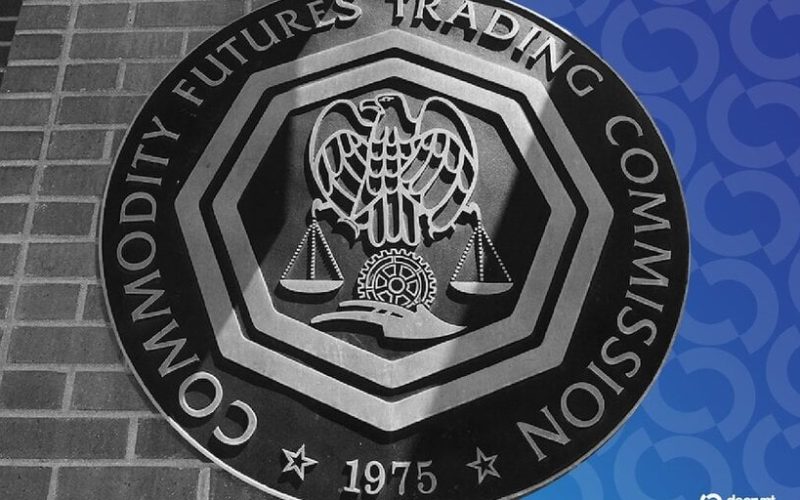In a significant regulatory development, the Dutch National Bank (DNB) has imposed a fine of 2.25 million euros (approximately $2.6 million) on the cryptocurrency trading firm OKX, officially known as Aux Cayes Fintech Co. This penalty arises from the company’s failure to register with the DNB while offering cryptocurrency services in the Netherlands, a requirement that has been in place since early 2020.
The fine pertains to a period spanning from July 2023 to August 2024, prior to the implementation of the European Union’s Markets in Crypto Assets (MiCA) regulation. This regulatory framework aims to streamline the governance of digital assets across EU member states, enhancing transparency and compliance within the cryptocurrency sector.
The DNB has been proactive in enforcing compliance among cryptocurrency exchanges, having previously penalized other firms for similar violations. For instance, Crypto.com faced a fine of 2.85 million euros, while Kraken was fined 4 million euros. These actions underscore the importance of adhering to established financial regulations, particularly in the rapidly evolving landscape of digital currency.
“This fine relates to a legacy registration matter that has long since been remediated, with no impact on customers,”
stated an OKX representative via email.
The spokesperson highlighted that the fine represents the lowest penalty issued by the DNB against a major exchange, indicating a recognition of the corrective measures taken by OKX, including the migration of Dutch users to its fully MiCAR-licensed European entity. The company expressed satisfaction at having resolved this matter and emphasized its commitment to building compliant and secure services across Europe and beyond.

As the cryptocurrency market continues to mature, regulatory bodies like the DNB play a crucial role in establishing a framework that protects consumers while fostering innovation. The introduction of MiCA marks a pivotal step towards a unified regulatory approach within the EU, which is expected to significantly impact how cryptocurrency exchanges operate across member states.
In addition to regulatory actions, recent developments in the U.S. have also garnered attention. The U.S. Securities and Exchange Commission (SEC) and the Commodity Futures Trading Commission (CFTC) have announced a collaboration to facilitate the trading of spot cryptocurrencies on registered platforms, signaling a shift in how regulatory bodies view the integration of crypto assets within established financial markets.
As 2025 unfolds, the landscape for cryptocurrency regulation is likely to evolve further, with ongoing discussions and legislative efforts aimed at enhancing market structure and consumer protection. The developments surrounding OKX highlight the necessity for cryptocurrency firms to remain vigilant in their compliance efforts to avoid penalties and ensure the trust of their customers.
For more information on this topic, you can refer to the original article published on CoinDesk.










